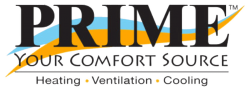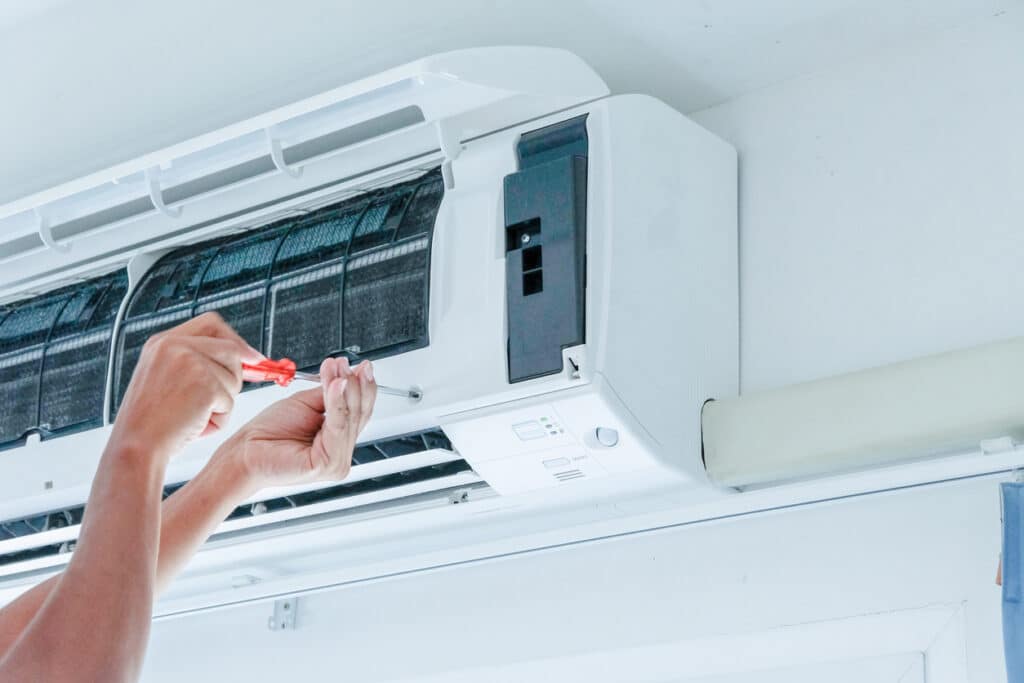HVAC repair and maintenance tasks can expose you to several risky situations. That’s why it’s advisable that you know as many safety controls as possible before handling an HVAC system.
With these tips at your fingertips, you’ll minimize the likelihood of sustaining injuries. Plus, you’ll be able to avoid further damage to the equipment. Keep reading to understand these important HVAC safety controls.
1. Protective Gear Is a Priority
Every time you’re handling an HVAC system, make sure you’re wearing protective gear. That’s because HVAC units always release contaminants such as debris and dust. They also produce noxious gases that can be harmful if inhaled.
Protective gear, like a respirator, prevents you from inhaling any dangerous particles that your HVAC might produce. Furthermore, be sure to wear safety goggles or a face shield to keep your eyes safe while handling an HVAC equipment. Also, don’t forget to wear arm protectors, especially when handling glass or sheet metal.
2. Ensure You Identify Hazards
Before you start to repair or maintain an HVAC system, make sure you’re conversant with all potential hazards. It’s not advisable to rush over things, even when the task you’re set to undertake appears to be basic. With that said, make sure you clearly understand the conditions you’ll be working under.
To do this, carry out a detailed assessment of all HVAC components. Make sure you also know a thing or two about electrical safety tips. This will help you react appropriately in case of an emergency.
3. Use the Right Tools
Some of the tools used to maintain and repair HVAC equipment are wire strippers, a vacuum gauge, an anemometer, and clamp meters. A leak detector is another important tool you should always have on hand, as leaks are some of the most common issues associated with HVAC systems.
Using the right tools can massively minimize hazards. It also prevents you from causing further damage to the equipment you’re working on. Ideally, your tools should always be in perfect working condition. To make sure this is always the case, consider carrying out routine tool maintenance.
4. Minimize the Risk of Electric Shock
Your chances of getting electrocuted when working on an HVAC unit are relatively high. Therefore, you want to make sure this doesn’t happen. Electric shock or electrocution is likely to take place when handling a water leak within an HVAC system.
As such, the best thing to do if you find yourself in such a situation is to turn off the main circuit breaker. Once you’ve done that, you can get down to business. Aside from preventing electric shock, turning off the main circuit breaker also significantly reduces the risk of equipment failure.
To sum up, the risk of maintaining or repairing an HVAC unit is always high. That’s why it’s a good idea to follow the above safety controls. At Prime HVAC, we offer professional AC repair to keep the residents of Dothan, AL happy, so give us a call today to learn more.

